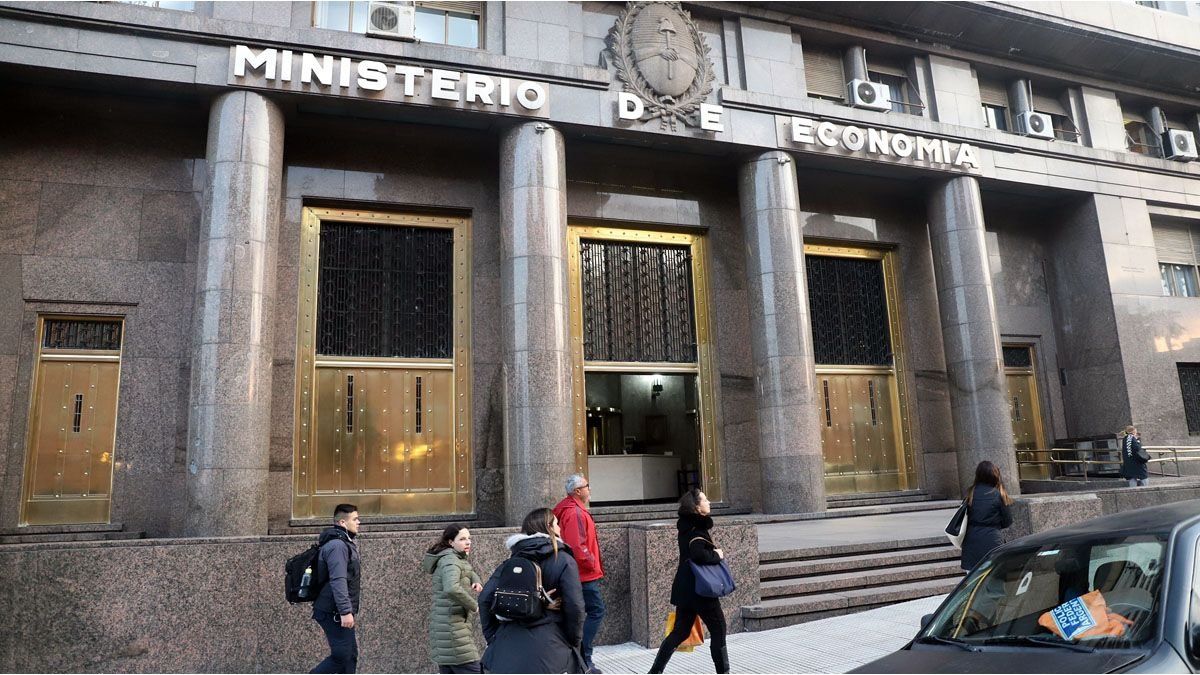He Government will increase the so-called “tax expenditures” in 2025. According to the draft Budget 2025, which was presented this Sunday by the president Javier Milei, next year The State is expected to stop collecting taxes equivalent to 3.58% of GDP. That is 0.06 percentage points more than estimated for 2024but lower than in 2023, when exceptions reached 4% of GDP.
The concept of “tax expenditure” includes everything that the State stops collecting in taxes due to exceptions established by law.
The project presented by the Government says that “The amount of ‘tax expenditures’ estimated for the year 2025 reaches $27 billion, which is equivalent to 3.54% of GDP.”
“Of these, $23.7 billion correspond to special treatments established in the laws of the respective taxes and $3.3 billion to benefits granted under the various economic promotion regimes,” points out the initiative of the Executive Branch. These regimes include, for example, the Knowledge Economy and the electronics industry of Tierra del Fuego.
Screenshot_2024-09-20_14-23-28.png
These items can be sensitive at the time of parliamentary debatebecause some opposition deputies maintain that the Executive Branch should reduce the intensity of the spending cuts and recover funds from the reduction in tax expenditure.
More than anything in times when From the Casa Rosada it is insistently repeated that any project, which the opposition presents with an increase in spending, has to say how it will be financed.Opposition legislators have commented on several occasions that Milei is undecided about eliminating the incentive for the electronics industry in Tierra del Fuego.
According to the official project, The Value Added Tax supports 37% of Tax Expenditures with an amount of $9.98 billion, equivalent to 1.31% of GDP.
“In particular, the 91.8% comes from exemptions and reduced rates -established in the tax law- and the rest, $815,688.6 million, in benefits granted by various economic promotion regimes,” it is detailed.
There is basic foodstuffs that have reduced rates and services that are not paid for, such as health, social assistance, sports, education, artreal estate services, exports, insurance and cash deposits (current or savings accounts), granting or transferring credits, transfers, and services associated with checks, credit cards, among others. Exceptions include services for collecting bills of exchange, receipts or credits.
Regarding the Income tax amounts to $5.3 billion, equivalent to 0.69% of the GDP projected for next year. The point is that this is the item that is expected to grow the most, with 0.17 points of GDP. What this means is that the Government expects more taxpayers to stop paying this tax. Since the fourth-category tax paid by employees and workers was reintroduced this year, it is to be expected that if the economic authorities project that the sectors that do not pay will increase, then these would be linked to companies.
On the other hand, the regime of Monotributo represents a tax expenditure of $6.8 billion, equivalent to 0.9% of GDP. In the taxes levied on fuels The majority of this comes from the difference between the fixed amounts applied to sales of gasoline and diesel and the exemption that applies to fuels used in the southern part of the country. In this case, the expenditure amounts to $2.7 trillion, equivalent to 0.36% of GDP.
“With regard to Social Security Contributions, the most notable tax expenditure corresponds to the reduction of employer contributions by geographical area, benefit that, by taking the form of a VAT tax credit, affects the collection of this tax,” the budget project states.
Source: Ambito
I am a 24-year-old writer and journalist who has been working in the news industry for the past two years. I write primarily about market news, so if you’re looking for insights into what’s going on in the stock market or economic indicators, you’ve come to the right place. I also dabble in writing articles on lifestyle trends and pop culture news.




